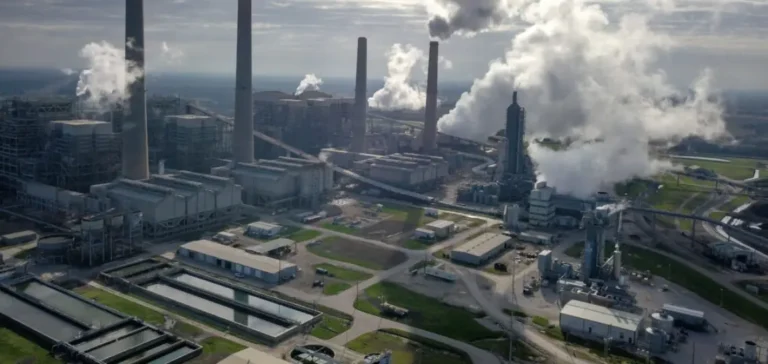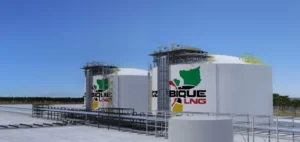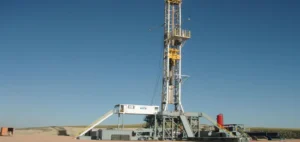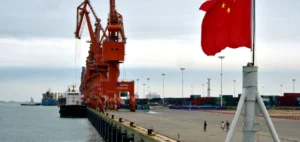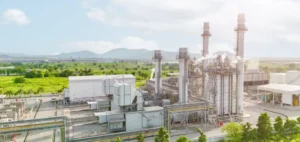A report published on June 11 by the Environmental Integrity Project (EIP) states that proposed natural gas power plant projects in Texas could generate up to 115 million tonnes of carbon dioxide equivalent annually, the same as the yearly emissions from 27 million vehicles. The study covers 130 projects, of which 108 would be entirely new, 17 would expand existing facilities, and five remain unspecified.
Projected capacity far exceeds forecast needs
According to data from the Electric Reliability Council of Texas (ERCOT), Texas had 68.8 GW of gas-fired power capacity as of May 31. If all projects identified by EIP were realised, it would add another 58 GW. However, only 1.8 GW currently have signed interconnection agreements and posted financial guarantees for commissioning by the end of 2030.
S&P Global Commodity Insights projects a far more limited expansion, estimating that 10 GW of additional capacity could be added by the end of the decade, with a further 5 GW by 2035. Analysts cite overly optimistic demand forecasts, supply chain constraints and price uncertainty as major hurdles to project completion.
Impact on prices and infrastructure
Tanya Peevey, senior principal research analyst at Commodity Insights, noted that the impact on wholesale electricity prices will depend on the technology chosen. If new units rely on combined-cycle systems to meet base-load demand—such as from data centres—wholesale prices could decline. In contrast, an increase in combustion turbines would likely push prices higher, especially during peak hours.
The Platts M2MS Power Forward curves published on June 10 show ERCOT North Hub forward prices for 2030 averaging $56.27/MWh, compared to $72.38/MWh for average day-ahead locational marginal prices between 2020 and 2024.
A political response to the 2021 shock
Following the February 2021 winter storm that left nearly 4 million Texas households without power, the state introduced a public fund to support up to 10 GW of “dispatchable” generation, excluding battery storage. Initially capitalised with $5bn, the Texas Energy Fund recently received legislative approval for an additional $5bn, bringing the total to $10bn.
Despite this, EIP asserts the programme is facing difficulties. “They are struggling to keep projects from withdrawing and developers from leaving the programme,” said Griffin Bird, an analyst at EIP and lead author of the report.
Uncertain outlook despite numerous announcements
Of the 130 identified projects, 63 aim for commissioning before 2029, totalling 36.4 GW. The remaining 77 account for 28.3 GW, with no clear timeline. Bird said it is difficult to determine which projects will be built but noted that some can remain dormant for years before progressing rapidly once funding becomes available.
Tanya Peevey also pointed out that while ERCOT processes interconnection queues more efficiently than other operators, environmental restrictions and local opposition limit available sites, while supply chain issues slow the availability of gas turbines.


